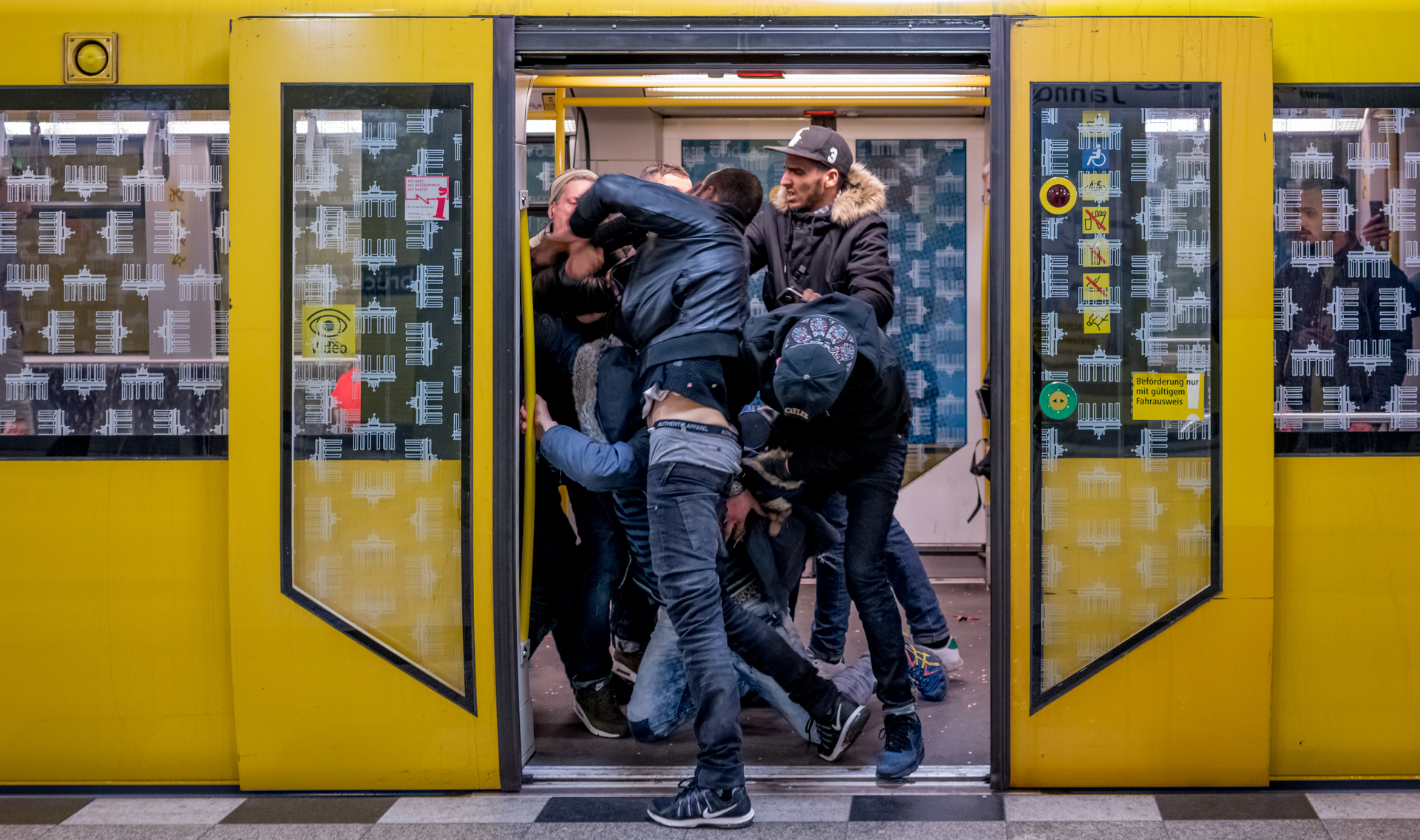For some, home is the house they grew up in. For others, it’s a country or a nation. Some find it in family, or in the arms of a lover, while others believe it’s where we go when we die. Some say home is the “pale blue dot” that is our planet, and still others believe it’s only a state of mind.
Despite a glorious rooftop view of the Empire State Building, when my rent doubled at the Garment District retail space where I was illegally living, I realized that New York City had become unlivable; worse, I had come to feel like a stranger anywhere else in my country of birth. I reasoned that it was time to make good on my longstanding threat of moving to Berlin. I boxed up my belongings, put them in a shipping container, and boarded a plane. I had no plan B, nor a plan A for that matter.
Eight years later, though I’ve settled in, a feeling of alienation still haunts me. I wander Berlin at night with a camera, photographing the city from a safe distance, (still) trying to find my footing in this fremdes (foreign) land. I’m not sure if documenting Berlin brings it closer or keeps it at bay, but as I get lost down dark, desolate streets, I ruminate on what seems to be a universal condition: that of being—literally or metaphorically—an Ausländer (foreigner/outsider).
Personally, it’s a familiar feeling, similar to the estrangement I felt as a first-generation American, the progeny of immigrants from what may as well have been distant planets. As I struggled to negotiate dueling nationalities, identities, and religions, no place I’ve ever drifted through truly felt like home. Now, as I attempt to connect to yet another city, this time by meandering through its vacant spaces, I consider the plight of my extended family, all of them immigrants from somewhere—Yemen, the Uzbek Soviet Socialist Republic, Poland, Lithuania, Germany, Israel, England, Scotland, Wales, Ireland—all compelled to trade Heimat (homeland) for fremdes land, all forced to contend with situations more perilous than mine. I don’t take for granted that my musings are a distinct privilege. For untold others—migrants, refugees, and displaced persons the world over—these are not philosophical abstractions. Privilege notwithstanding, I chase the elusive feeling of home, camera in hand, even if I suspect I’ll never find it.
In der Fremde: Pictures from Home (Hatje Cantz, 2020) is the culmination of four years of my Berlin photographs. To place the images in a broader context, I edited a collection of essays that relate tangentially to my familial narrative but, more importantly, offer nuanced perspectives on the topic of home, specifically regarding immigration, nationalism, and identity. The book includes thought-provoking essays by Yuval Noah Harari, Eva Hoffman, Joseph Kertes, Rory MacLean, Christian Rattemeyer, and Charles Simic, the last of which is presented below.
–Romeo Alaeff, 2021
*
Refugees
“Don’t tell me the plot . . . I’m just a bit-player.”
–Raymond Chandler
*
Mine is an old, familiar story by now. So many people have been displaced in this century, their numbers so large, their collective and individual destinies so varied, it’s impossible for me or anyone else, if we are honest, to claim any special status as a victim. Particularly since what happened to me fifty years ago is happening to someone else today. Rwanda, Bosnia, Afghanistan, Congo, the endlessly humiliated Kurds—and so it goes. Fifty years ago it was fascism and communism, now it’s nationalism and religious fundamentalism that make life miserable in lots of places. Recently, for instance, I was translating the work of a woman poet from Sarajevo for an anthology, and its editors had great difficulty locating her. She had vanished. She was not a young woman, she had plenty of friends, but no one seemed to know what had happened to her in the confusion of the war. It took many months to find her sweeping floors in a restaurant in Germany.
“Displaced persons” is the name they had for us back in 1945, and that’s what we truly were. As you sit watching bombs falling in some old documentary, or the armies advancing against each other, villages and towns going up in fire and smoke, you forget about the people huddled in the cellar. Mr. and Mrs. Innocent and their families paid dearly in this century for just being there. Condemned by history, as Marxists were fond of saying, perhaps belonging to a wrong class, wrong ethnic group, wrong religion—what have you—they were and continue to be an unpleasant reminder of all the philosophical and nationalist utopias gone wrong. With their rags and bundles and their general air of misery and despair, they came in droves from the East, fleeing evil with no idea where they were running to. No one had much to eat in Europe, and here were the starving refugees, hundreds of thousands of them in trains, camps, and prisons, dipping stale bread into watery soup, searching for lice on their children’s heads, and squawking in dozens of languages about their awful fate.
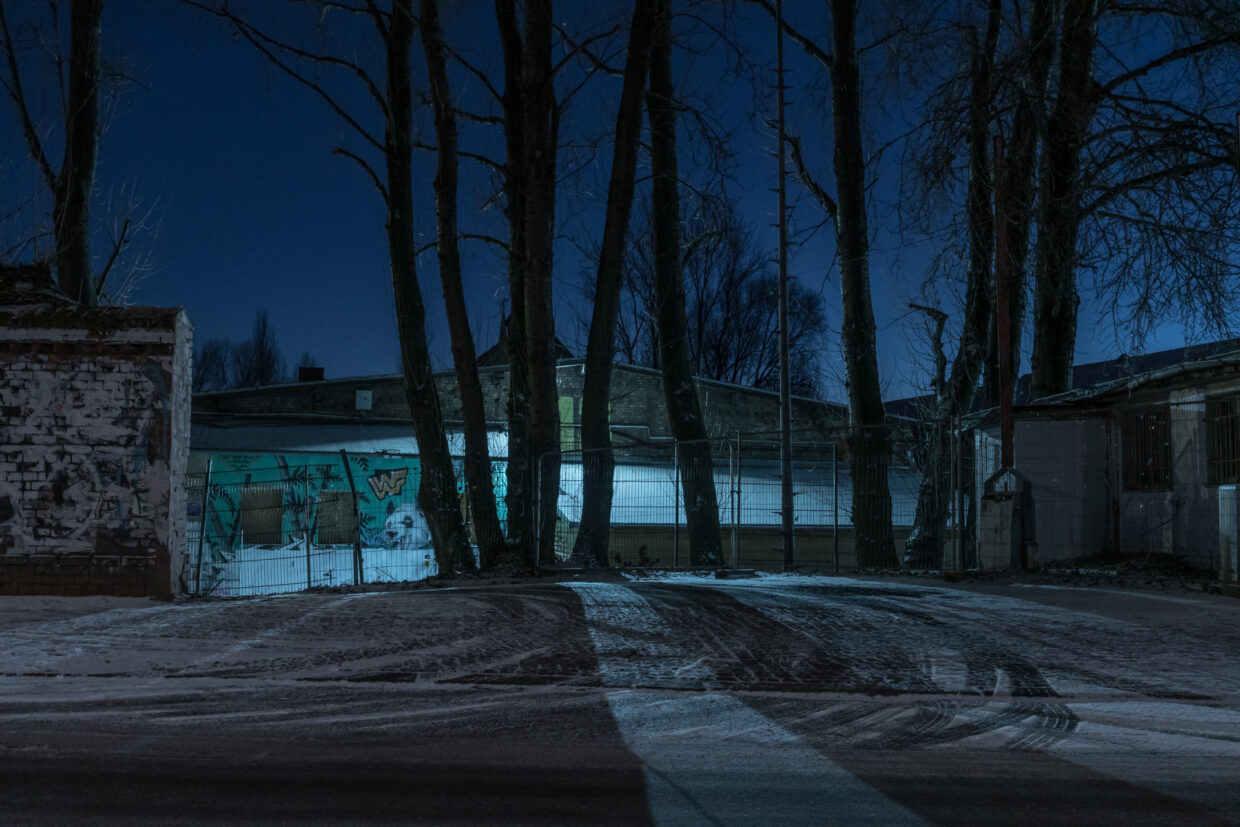
My family, like so many others, got to see the world for free thanks to Hitler’s wars and Stalin’s takeover of Eastern Europe. We were not German collaborators or members of the aristocracy, nor were we, strictly speaking, political exiles. Small fry, we made no decisions ourselves. It was all arranged for us by the world leaders of the times. Like so many others who were displaced, we had no ambition to stray far beyond our neighborhood in Belgrade. We liked it fine. Deals were made about spheres of influence, borders were redrawn, the so-called Iron Curtain was lowered, and we were set adrift with our few possessions. Historians are still documenting all the treacheries and horrors that came our way as the result of Yalta and other such conferences, and the subject is far from finished.
As always, there were degrees of evil and degrees of tragedy. My family didn’t fare as badly as others. Thousands of Russians whom the Germans forcibly brought to work in their factories and on their farms were returned to Stalin against their will by the Allies. Some were shot, and the rest packed off to the gulags so they would not contaminate the rest of the citizenry with newly acquired decadent capitalist notions. Our own prospects were rosier. We had hopes of ending up in the United States, Canada, or Australia. Not that this was guaranteed. Getting into the United States was especially difficult. Most Eastern European countries had very small quotas, unlike the Western European ones. In the eyes of the American genetic experts and immigration policymakers, South Slavs were not highly desirable ethnic material.
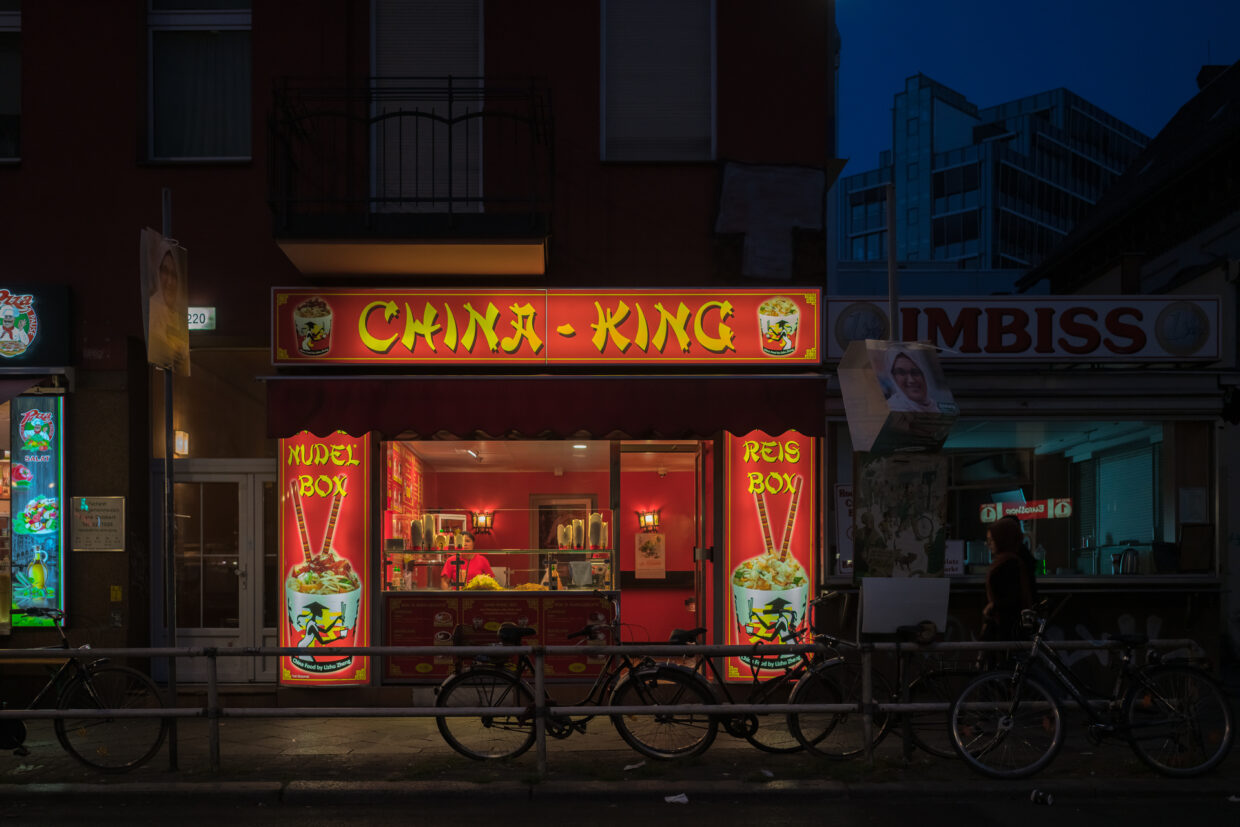
It’s hard for people who have never experienced it to truly grasp what it means to lack proper documents. We read every day about our own immigration officers, using and misusing their recently acquired authority to turn back suspicious aliens from our borders. The pleasure of humiliating the powerless must not be underestimated. Even as a young boy, I could see that was the case. Everywhere there are bureaucrats, the police state is an ideal.
I remember standing in endless lines in Paris at police headquarters to receive or renew resident permits. It seems like that’s all we ever did when we lived there. We’d wait all day only to discover that the rules had changed since the last time, that they now required, for instance, something as absurd as my mother’s parents’ marriage certificate or her grade school diploma, even though she was in possession of a French diploma since she did her post-graduate studies in Paris. As we’d stand there pondering the impossibility of what they were asking of us, we’d be listening to someone at the next window trying to convey in poor French how the family’s house had burned, how they’d left in a hurry with only one small suitcase, and so on, to which the official would shrug his shoulders and proceed to inform them that unless the documents were produced promptly, the residence permit would be denied.
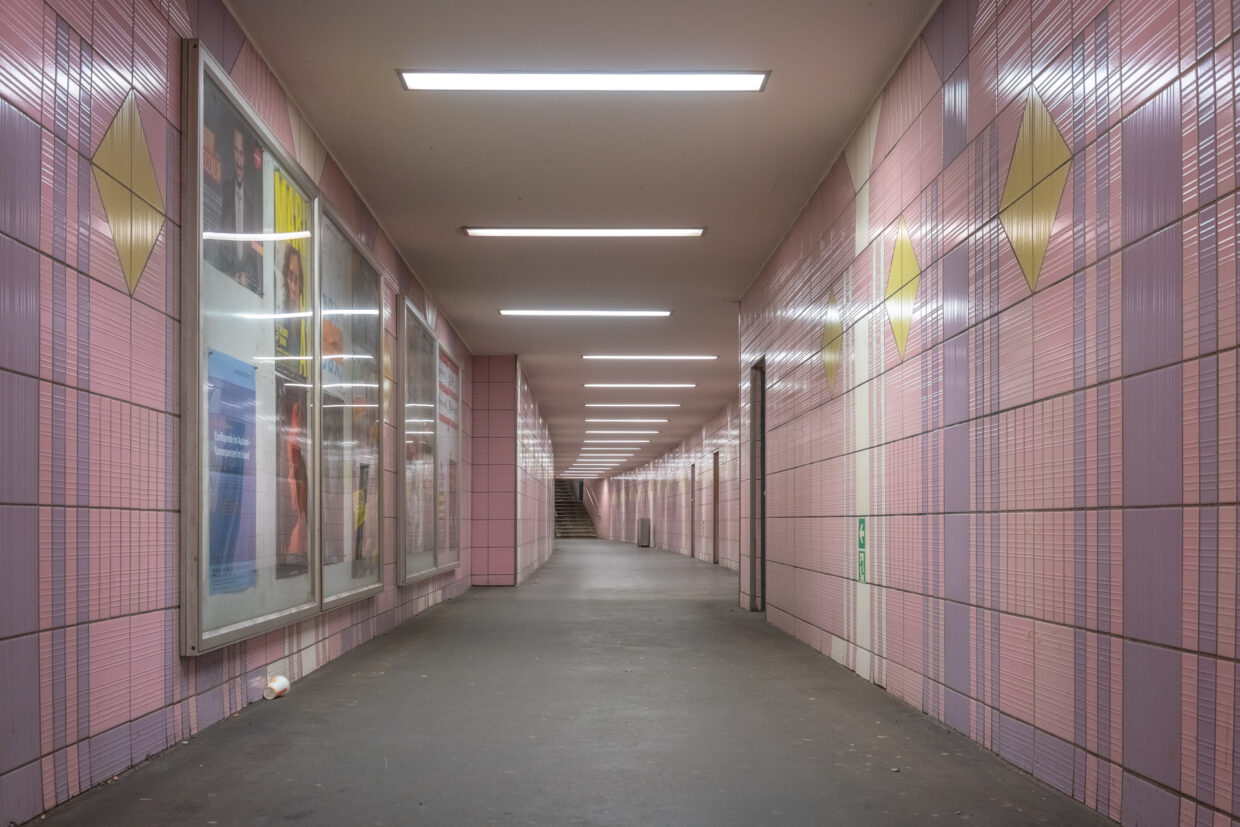
So what did we do? Well, if the weather was nice, we’d go and sit outside on a bench and watch the lucky Parisians stroll by carrying groceries, pushing baby carriages, walking their dogs, even whistling. Occasionally a couple would stop in front of us to smooch while we cursed the French and our rotten luck. In the end, we’d trudge back to our small hotel room and write home.
The mail didn’t travel very swiftly, of course. We would go nuts every day for weeks waiting for the mailman, who couldn’t stand the sight of us since we were always pestering him, and finally, somehow, the documents would arrive thanks to a distant relative. Then they had to be translated by an official translator who, of course, couldn’t make heads or tails out of the dog-eared fifty-year-old entry in a provincial Balkan school or church registry. In any case, eventually we’d go back to the long line only to discover that they were not needed after all, but something else was. Every passport office, every police station, every consulate had a desk with a wary and bad-tempered official who suspected us of not being what we claimed to be. No one likes refugees. The ambiguous status of being called a DP made it even worse. The officials we met knew next to nothing about where we came from and why, but that did not prevent them from passing judgment on us. Having been driven out by the Nazis brought us a measure of sympathy, but having left because of the Communists was not as well received. If the officials were leftists, they told us bluntly that, ungrateful wretches that we were, we had left behind the most progressive, the most just society on the face of the earth. The others figured we were just riffraff with fake diplomas and a shady past. Even the smiling dummies in store windows on the elegant Avenue Victor Hugo regarded us as if we were out to steal something. It was actually all extremely simple: either we were going to get a foothold here or somewhere else, or we were going back to a refugee camp, prison, or, even worse, to “the embodiment of man’s dearest longing for justice and happiness,” as the communist world was described in certain quarters. Immigration, exile, being uprooted and made a pariah may be the most effective way yet devised to impress on an individual the arbitrary nature of his or her own existence. Who needed a shrink or a guru when everyone we met asked us who we were the moment we opened our mouths and they heard the accent?
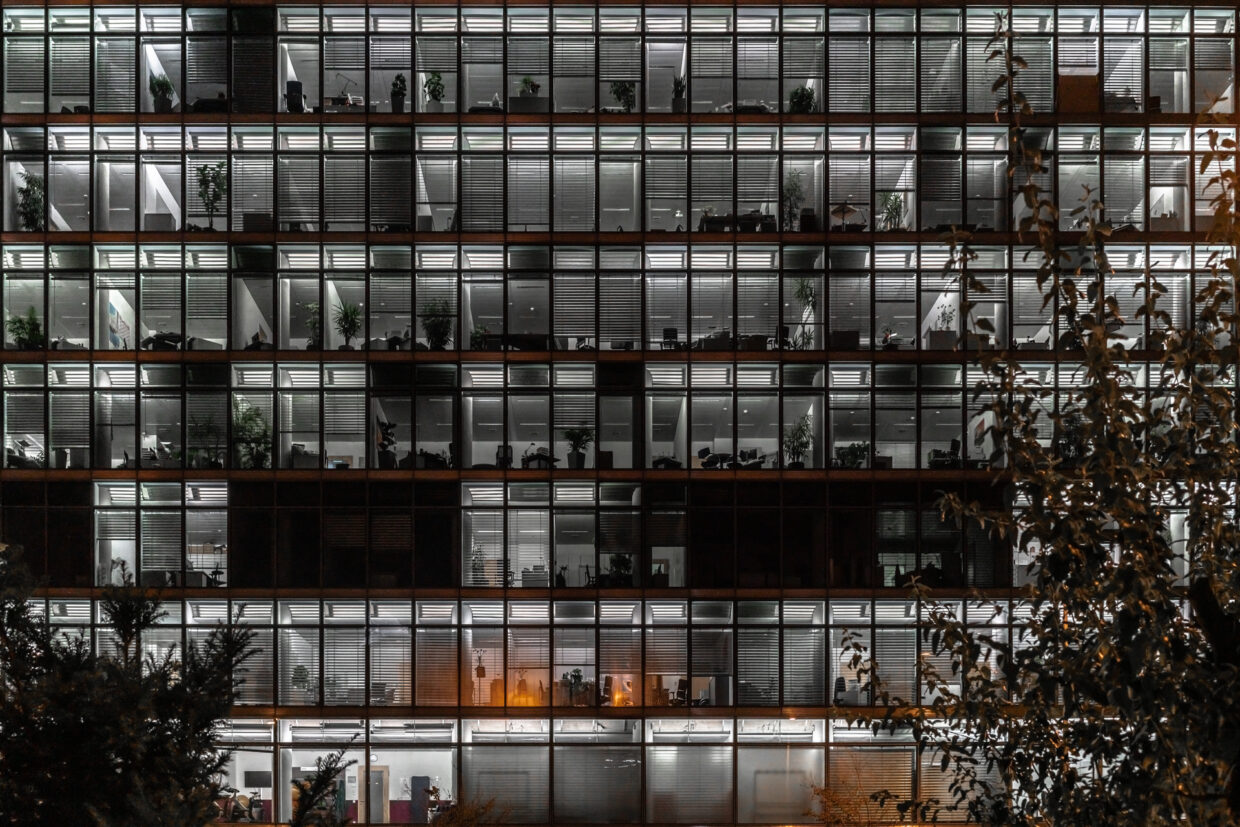
The truth is, we had no simple answers. Being rattled around in freight trains, open trucks, and ratty ocean-liners, we ended up being a puzzle even to ourselves. At first, that was hard to take; then we got used to the idea. We began to savor it, to enjoy it. Being nobody struck me personally as being far more interesting than being somebody. The streets were full of these “somebodys” putting on confident airs. Half the time I envied them; half the time I looked down on them with pity. I knew something they didn’t, something hard to come by unless history gives you a good kick in the ass: how superfluous and insignificant in any grand scheme mere individuals are. And how pitiless are those who have no understanding that this could be their fate too.
*
I stepped off the boat in New York City on August 10, 1954, with my mother and my brother. The day was hot, the sky was cloudless, and the streets were full of people and cars. My father, who was already in the United States, put us up in a hotel just off Times Square. It was incredible, astonishing. The immigration officers didn’t torment us and rip up our papers. They didn’t send us back. Our being here and breathing was perfectly legal. Watching TV, ordering room service, and taking a shower broke no laws. Every half hour, we asked my father again if this was true. When he told us yes, we literally jumped for joy. No New Year’s Eve, no birthday celebration, no party afterward ever gave me as much happiness. A fear had lifted.
“My love of the country follows from my love of its freedoms,” Lewis Lapham said, and I know that’s true. I felt that the first day I came to America, and I still feel the same.
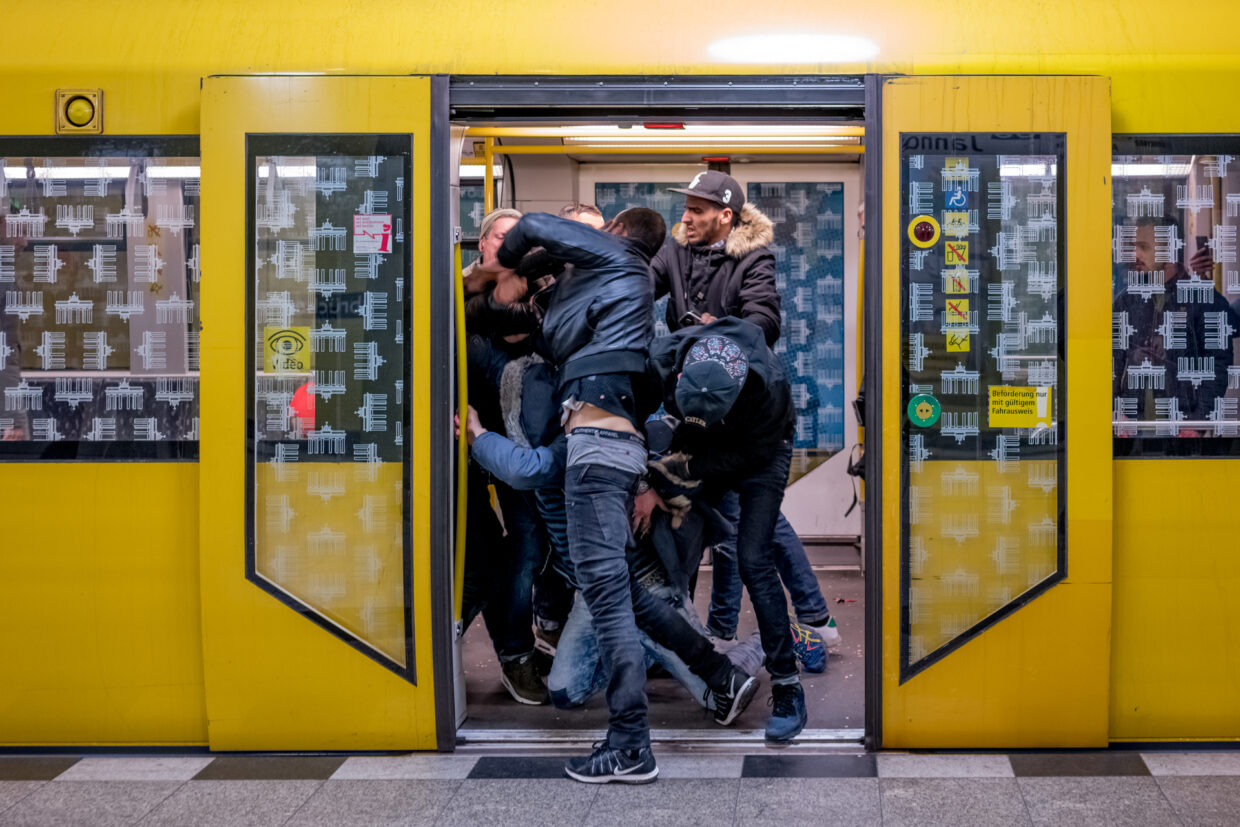
I was sixteen, old enough to take walks by myself. The city, which I had seen in so many movies, felt strangely familiar. I’m a big city boy and all large cities resemble one another in a fundamental way. Walking around confirms what one already knows. Here’s where the rich live, here the poor. Here is where business is conducted and the expensive stores are to be found. And finally, here is the neighborhood where one goes to have a good time. Nobody had to explain to me the difference between the young women I saw on Madison Avenue and the ones hanging around a candy store on Eighth Avenue. It was the same in Paris and in Belgrade. Of course, New York is also unlike any European city. Its bright colors were startling after the grayness of Europe. Guys in pink shirts, wearing neckties with palm trees on them, getting into yellow taxis on a street of huge neon signs and billboards showing smiling, rosy-cheeked faces drinking tea and puffing cigarettes. That was really something.
Architecturally, too, the city was full of surprises. A skyscraper in midtown next to a three-story building with a hot dog stand. Water towers, fire escapes, trash on the sidewalks, a street with a dozen movie houses all showing films twenty-four hours a day and then a building seemingly made entirely of glass and a park with carriages pulled by horses. The question a newcomer asks, inevitably, is, Where am I going to live? Is it going to be a tenement in Hell’s Kitchen or one of the brownstones on some quiet side street on the Upper East Side?
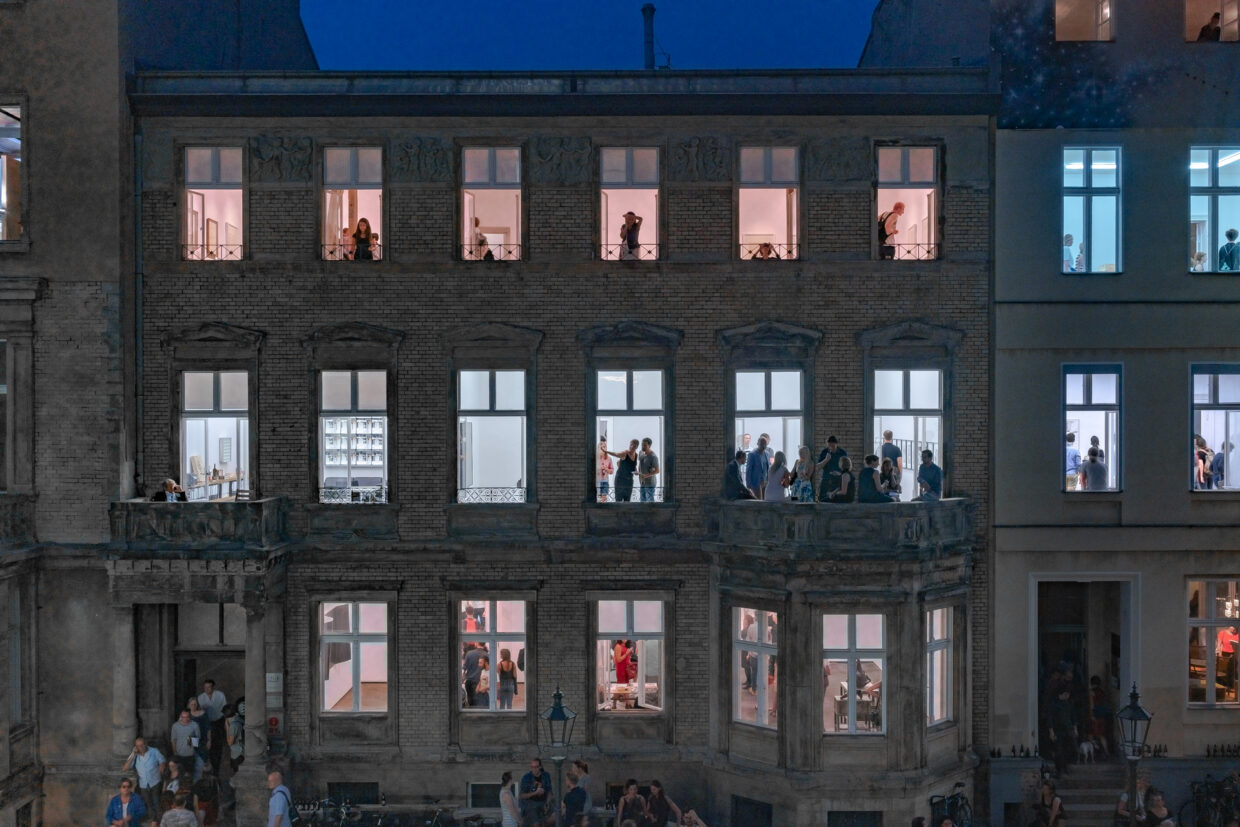
Our initial needs and worries were few and basic. First, and most importantly, we wanted new clothes and an American haircut to take away that look of a hopeless loser that comes with being a DP. We spent the first few days in New York changing our disguises. Jeans, Hawaiian shirts, cowboy belts, colorful T-shirts, sneakers, and other such items, procured cheaply in the vicinity of Times Square, appeared to me to be the height of elegance. To my great surprise, the natives still gave me funny looks on the street. Unwittingly I had transformed myself from a European schoolboy to a country hick, the kind you often saw around the Port Authority Bus Terminal or outside a 42nd Street movie house showing westerns.
Then there was the problem of language. I had studied English, could read it more or less, but speaking it was a different matter. I remember asking for directions the second or third day in New York and not being understood. I wanted to know how many blocks to the Empire State Building. A simple question, except that instead of “blocks,” I said “corners.” The astonishment and the embarrassment of speaking and not being able to communicate are deeply humbling. Every day in America, I realized, I would have a fresh opportunity to make a complete fool of myself. Quickly, I learned to keep my mouth shut except when absolutely necessary. In the meantime, I read the movie marquees, I tried to follow the TV and radio programs. In secrecy I repeated words and phrases I overheard: Hey, smart aleck! Crackerjack. Okeydokey. Chase butterflies. Hogwash. Hold the phone. Go to the dogs.
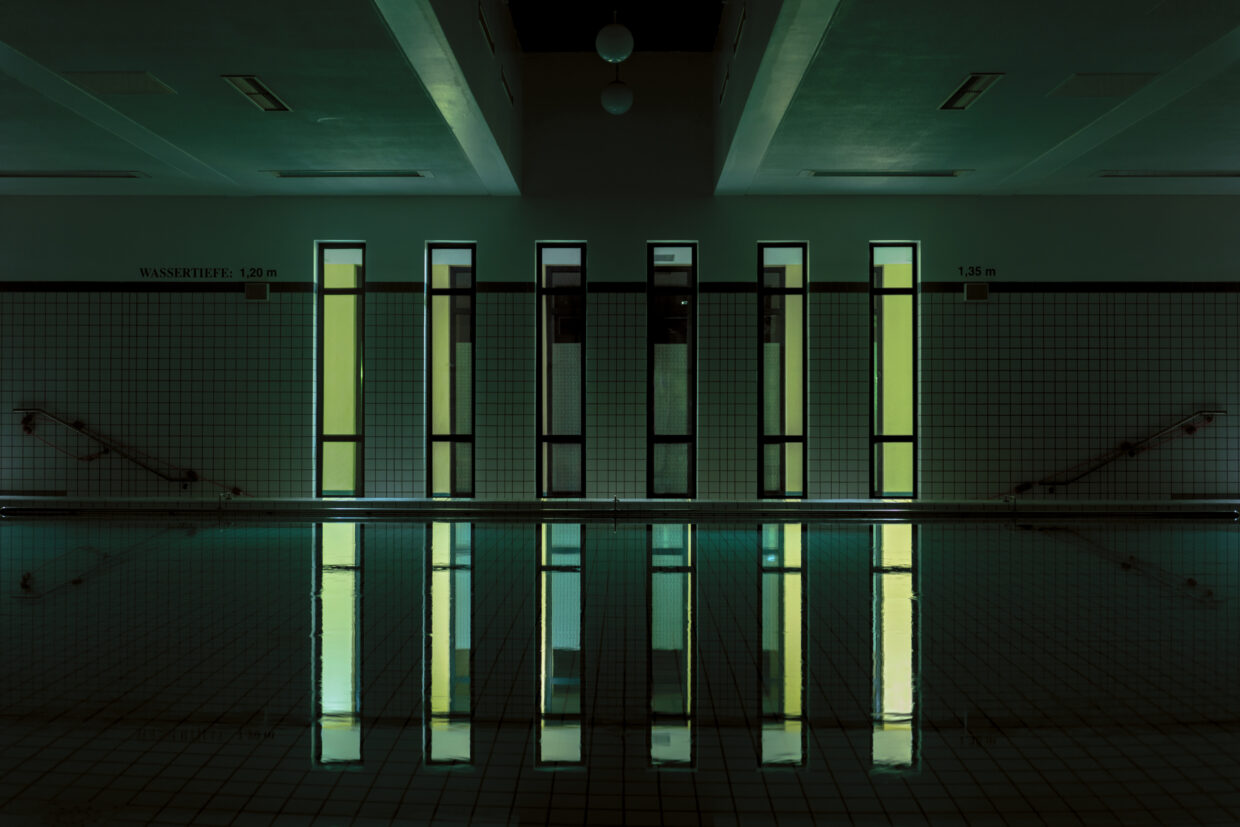
Then there was food. All these burgers, cherry Cokes, hot dogs, grilled cheese sandwiches, apple pies à la mode, and dozens of different candy bars had to be sampled. If you’ve grown up on thick soups and casseroles, American fast food has the advantage of being portable. It’s hard to eat spaghetti or goulash in bed or in a car; it’s much easier with a bag of chips or a can of peanuts. It’s a perfect invention for someone hungry all the time, as I was. It sounds nice intellectually to claim that an expatriate can never feel at home anywhere again. It’s definitely not true of a sixteen-year-old. I was more adaptable than a cat or a goldfish would have been. I was eager to see and taste everything.
Once, my father’s rich boss invited us to his house for a Sunday meal. We expected a huge feast and were astonished by the canned vegetables and the thin, overcooked slices of roast beef served in small portions. No spices; no hot peppers; not even a proper amount of salt and pepper. We couldn’t get over it. Whatever inferiority complexes we had about entering American homes were quickly cured by the poorly cooked food we were given to eat. Banana splits at some drugstore counter were nothing to sneer at; the tasteless, soggy white bread they served at home made no sense. When we wanted to eat well, we’d seek out a Hungarian or German restaurant in Yorkville or an Italian place down in the Village.
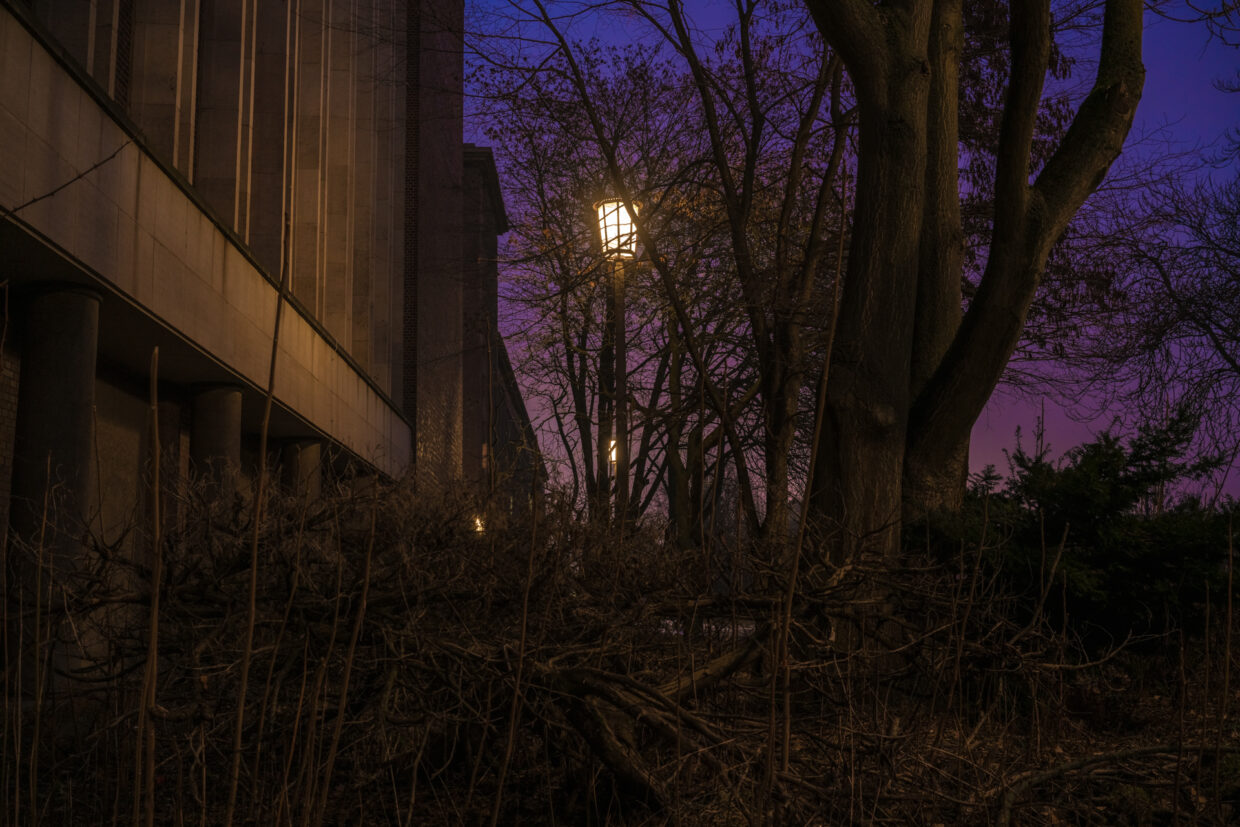
Of course, we always had the option of getting together with other Yugoslavs for some home-style food. However, there was a heavy price to pay. The talk made it difficult to enjoy the cuisine. Exiles usually imagine that theirs is a temporary situation. It was just a matter of days before communism collapsed and their homes and their lives would be restored to them just as they were. Nostalgia is big on the menu at such gatherings, and so is anger at how events turned out. My parents were tired of Balkan squabbles; they wanted a breather. Also, they didn’t think there was a likelihood of ever going back. They turned out to be right. The Communists, thinly disguised as democrats, are still in charge at home and so is the old secret police.
To want to be an American, which I certainly desired, made us strangers even to our own kind. They eyed us suspiciously. Without the superiority one’s own ethnic group readily provides, what do you have? It’s terrible when collective sentiments one is born with begin to seem artificial, when one starts to suspect that one’s exile is a great misfortune but also a terrific opportunity to get away from everything one has always secretly disliked about the people one grew up with.
I now understand the big choice we made without quite realizing that we were making it. We stopped seeing our fellow Yugoslavs. Already in those early days, I realized that America gave me an opportunity to stop playing the assigned roles that I inevitably had to play around my fellow Serbs. All that deferring to tradition, clannishness, and machismo, with their accompanying vocabularies, I happily gave up. Nor did the role of the professional exile, forever homesick, forever misunderstood, attract me. Adventure lay elsewhere. America and the Americans were far more interesting to me, and so was the anonymity that came with full-scale assimilation.
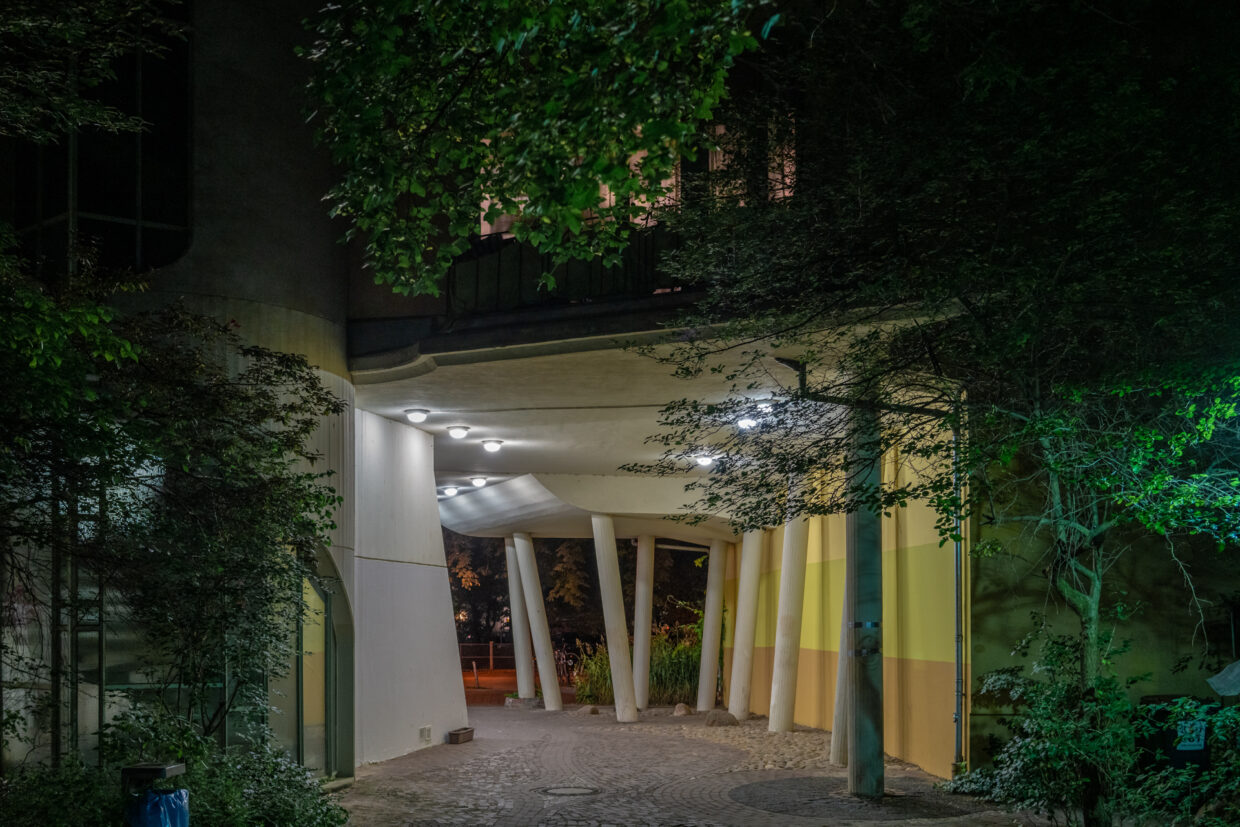
Actually, that’s not entirely accurate. Many of my early friends were Italian, Jewish, Irish, and other immigrants. One of the great experiences of a city like New York was the exposure to so many other ways of life. The ideal of the times was, of course, the melting pot. Still, what did I know about the Blacks, Chinese, Cubans, Lebanese, Hungarians, Russians, Sicilians, before I lived in New York? There is no school as good as the life that takes you one day from a Hungarian butcher on Second Avenue to an Irish bar in Chelsea, an Italian coffee shop on MacDougal Street, and a jazz club off Sheridan Square in the company of a young woman who hails from Texas. No wonder nationalists of all stripes hate cities. It’s hard to remain the faithful and obedient son of your own clan when so many other attractive options offer themselves. One has to be a fool or a hypocrite to sing the praises of one’s native customs to the exclusion of every other, after one has lived in New York City. The cities are, indeed, agreeably corrupting. They produce free individuals and that, as every state and religious institution the world over will tell you, is an unpardonable heresy.
If the choice, then, was between deepening my own displacement and trying to belong, I made my situation even more complicated by moving away from home when I was eighteen. In other words, exactly two years after I stepped off the 44th Street pier, I found myself again adrift. My parents were not getting along, and life at home was most unpleasant, so I had no alternative. I broke a few more ties I still had to my old identity. I had no other relatives or friends. I had no fixed address or purpose. There was no question of college because my parents were not able to support me, and my grades were not good enough to get me a scholarship anywhere. But if you think that I cried myself to sleep every night over my predicament, you’re wrong. It was one of the happiest times of my life. Finding a job and making ends meet—as I discovered quickly—was very easy. Both in Chicago and New York, I could find decent work in a matter of hours. I did everything from being a mail clerk at a newspaper to selling shirts in a department store. I worked in several offices as a bookkeeper. I met all kinds of interesting men and women. Best of all, I felt safe in this country from the persecutions we were accustomed to, and that was more than enough to make a young man permanently cheerful.
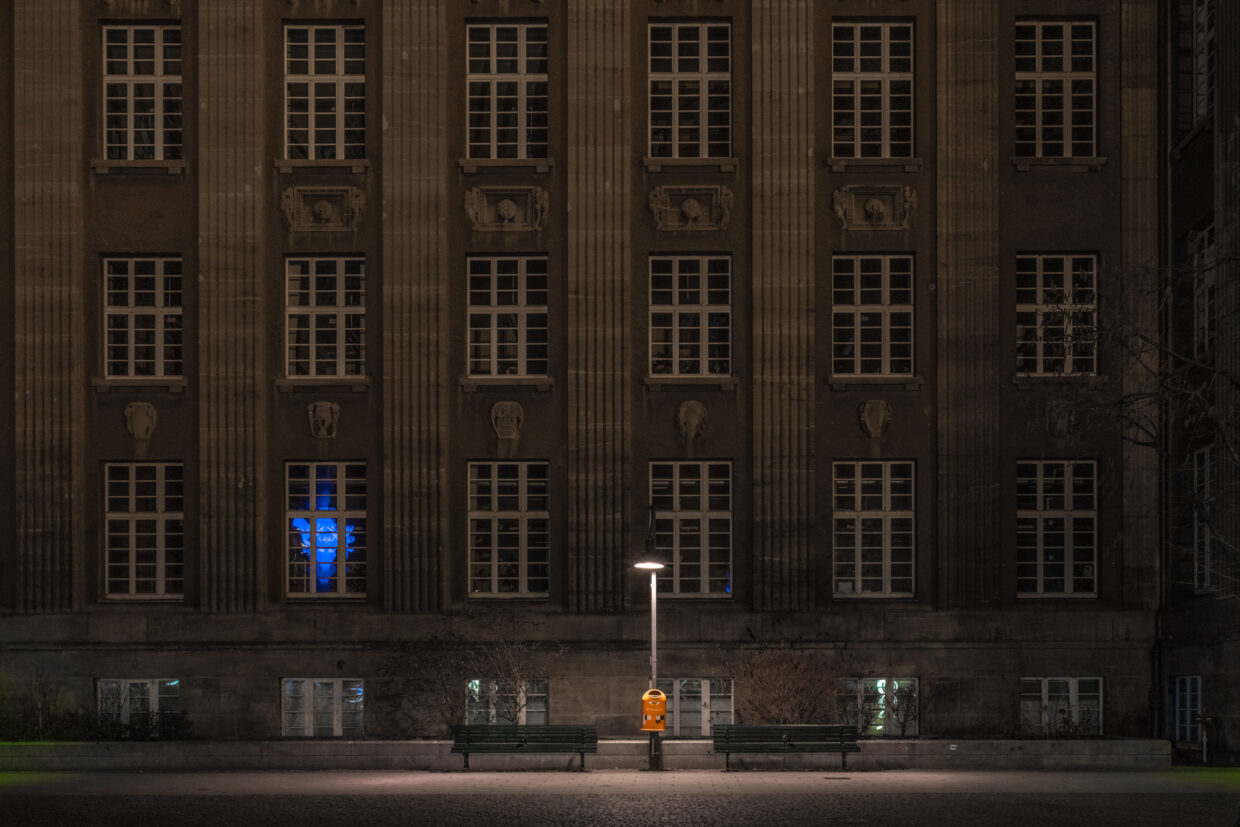
In the meantime, there were Charlie Parker, Thelonious Monk, Billie Holiday, Bessie Smith, Duke Ellington, the Five Spot, Birdland, rhythm and blues, country music, film noir, Scott Fitzgerald, Wallace Stevens, William Carlos Williams and the entire New Directions list, the Gotham Book Mart, MoMA, Willem de Kooning, Jackson Pollock, Partisan Review, the Brooklyn Dodgers, the Yankees, boxing at Madison Square Garden, “The Honeymooners,” Sid Caesar, “I Love Lucy,” and literally hundreds of other things to learn about. I was astonished to encounter other recent arrivals who had little or no interest in any of this.
To fall in love with a country or another human being requires some gullibility, and I had plenty to spare. It took me at least fifteen years to appreciate the full extent of our political corruption and to see the problems and injustices this country is faced with. Early on, I was living a version of the American Dream, ignorant of the simple fact that a white boy with an accent is more readily employable than a person of color. There has always been a kind of see-no-evil, let’s-pretend demeanor about this country. It needs fresh supplies of true believers to keep it going, and that’s what I was. In addition, there was the generosity that I and so many others found here. Every cliché about getting a second chance and reinventing oneself turned out to be true. It gave one confidence—America did that. Who could resist that sudden burst of optimism? I could not.
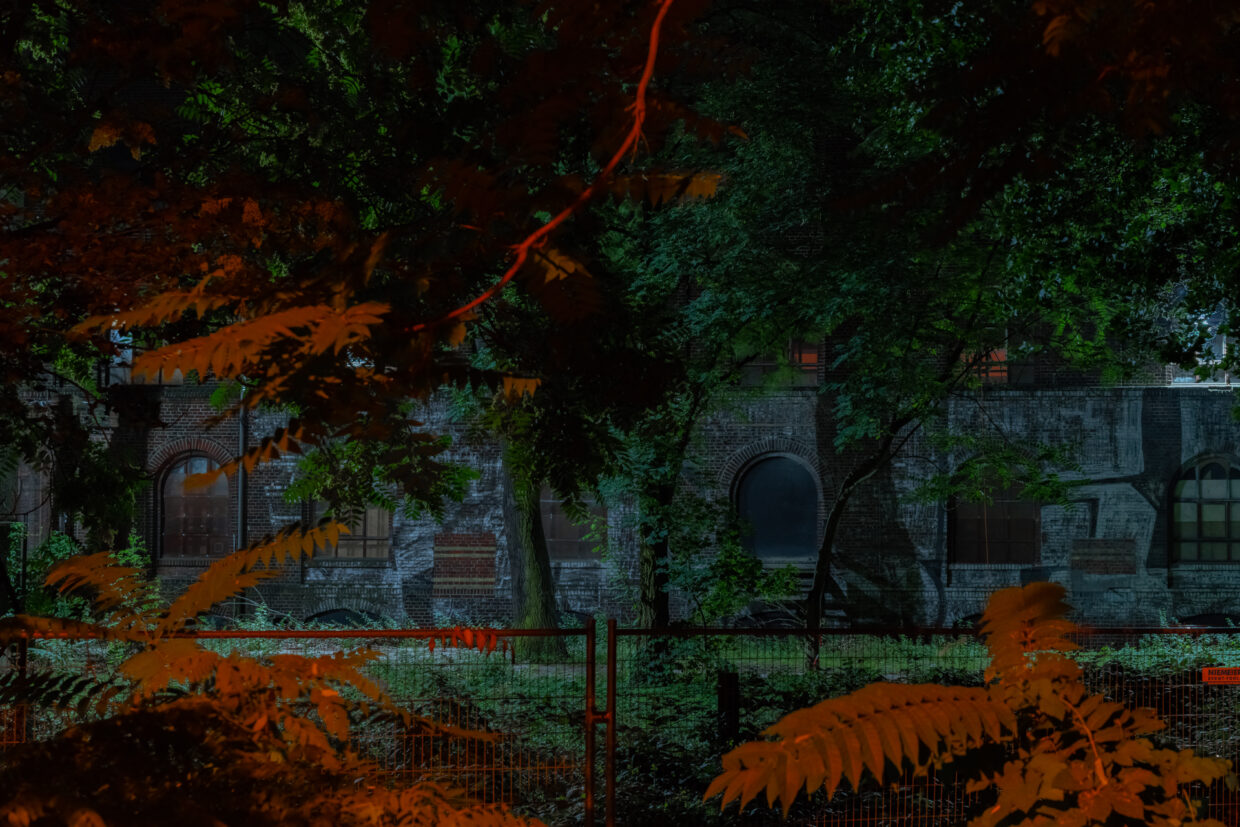
The clearest proof I had that I’ve become “an American” came to me in 1962 when I found myself in the U.S. Army in Europe, first in Germany and then in France. The little towns and small cities with their closely knit, insular societies frightened me. It was very pleasant to dine in one of the fine restaurants in Nancy or Colmar, but the silence of the streets after eight o’clock in the evening gave me the creeps: closed shutters, locked doors, lights out almost everywhere. I could well imagine what being a refugee there would be like.
More recently, during the break-up of Yugoslavia, I reexperienced my estrangement from the old world. I found myself, for example, incapable of taking sides or seeing any attraction in being a nationalist. The advantage of the melting pot is that it undermines tribalism. One gains a distance from one’s own national folly. Fashionable present-day multiculturalism with its naive calls for ethnic pride sounds to me like an attempt to restore me to precisely that state of mind my parents ran away from in Europe. The American identity is a strange concoction of cultures, but at its best it is a concoction prepared and cooked by each individual in his or her own kitchen. It ought not to come in a package with a label and a fake list of wholesome, all-natural ingredients.
*
There’s an old Soviet poster picturing Comrade Lenin standing on the planet earth holding a broom. He’s sweeping off “undesirable elements,” men and women easily identified by their clothes as belonging to the bourgeoisie. That was us. For that very reason, every project for betterment of humanity, every collectivist ideology, no matter how chaste it sounds, terrifies me. Barbarism, intolerance, and fanaticism have been the by-products of all utopian projects in this century. Infallible theories of history and human progress brought about the most repellent forms of repression. The noble-sounding attempt to make the whole of society accept a particular worldview always leads, sooner or later, to the slaughter of the innocents.
We, displaced persons, were caught between two rival intellectual projects: fascism and communism. Our persecution was justified because we lagged in our understanding of the laws of history. We stood in the way, and so our misfortune was unavoidable and not to be greatly regretted. This harsh view, as we know, had the enthusiastic support of many of the leading writers and intellectuals in Europe. The violence and injustice may have been regrettable, but were in the service of messianic hopes for future happiness. The political writings of the times—both on the left and the right—consist of endless justifications for inflicting death and suffering on the innocent.

If you think I’m exaggerating, consider this. While we stood in lines at the Prefecture, Sartre, Aragon, de Beauvoir, and their kind were dining in style or attending some gala at the Russian or Yugoslav embassy, celebrating Stalin’s or Tito’s birthday. In this century, the executioners’ best friends have often turned out to be writers and intellectuals. The last remaining myth of our age is the myth of the intellectual’s integrity and independence. The true enemy continues to be—to return to what I said at the very beginning—the innocent bystander. Or, more precisely, the antagonist has always been the individual conscience. It’s that part of ourselves that remains stubbornly suspicious of mass enthusiasms, the one that makes us sleep badly at night. At 3 am, the proposed means that are justified by the lofty ends look pretty nasty. For the “lunatics of one idea,” as Wallace Stevens called them, that has always been the supreme obstacle on the way to Utopia. Millions perished or lost everything while huge intellectual and military efforts were being made to obliterate and circumvent the conscience of countless human beings.
Speaking as one of the laboratory animals used in a series of famous historical experiments, I’d say I ended up, for better or for worse, with a clearer idea of how the world works—and that’s no small matter. I prefer that solitary knowledge to the jubilation of the masses in Red Square or at some Nuremberg rally. I have a firm conviction that the ideologues on the left and on the right are interchangeable. I have a contempt for all shepherd-and-flock theories, all euphorias of thinking the same thought with hundreds of others, all preaching and moralizing in art and literature. Besides, I am a poet, the kind they call a lyric poet. A lyric poem is the voice of a single human being taking stock of his or her own existence. If it works, we speak of its “originality,” meaning it is without precedent, it doesn’t fit preconceived notions. The poem is both a part of history and outside its domain. That is its beauty and its hope. A poet is a member of that minority that refuses to be part of any official minority, because a poet knows what it is to belong among those walking in broad daylight, as well as among those hiding behind closed shutters.
________________________________________
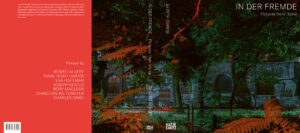
From In der Fremde: Pictures from Home, ed. Romeo Alaeff (Berlin: Hatje Cantz, 2020). Texts by Charles Simic © 2020 Charles Simic. Reprinted by permission of the author. Previously printed in the following: “Refugees” © 1999 Charles Simic. See Charles Simic, “Refugees,” in In der Fremde: Pictures from Home, ed. Romeo Alaeff (Berlin: Hatje Cantz, 2020), p. 163, and Letters of Transit: Reflections on Exile, Identity, Language, and Loss, ed. André Aciman (New York: The New Press, 1999), p. 115. © 2020 Hatje Cantz Verlag, Berlin, and authors © 2020 for the reproduced works by Romeo Alaeff: the artist.
For a signed copy of In der Fremde: Pictures from Home, head here.
